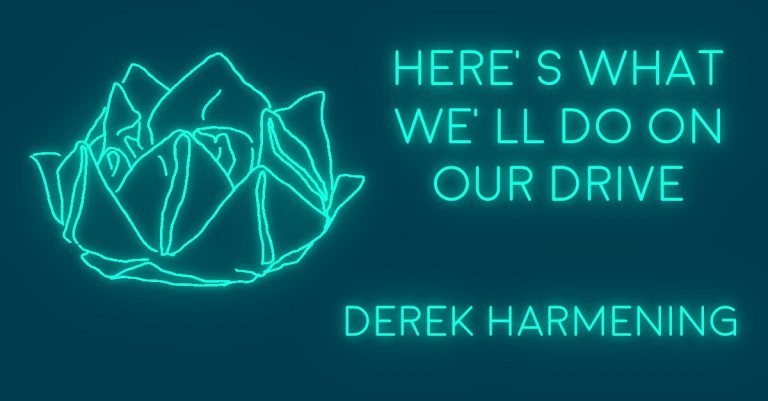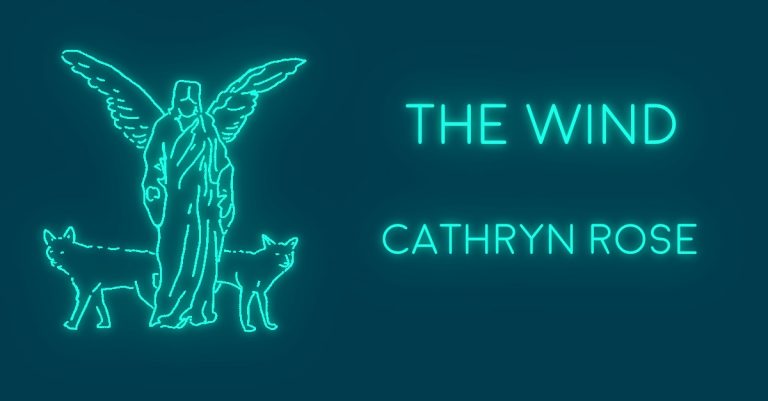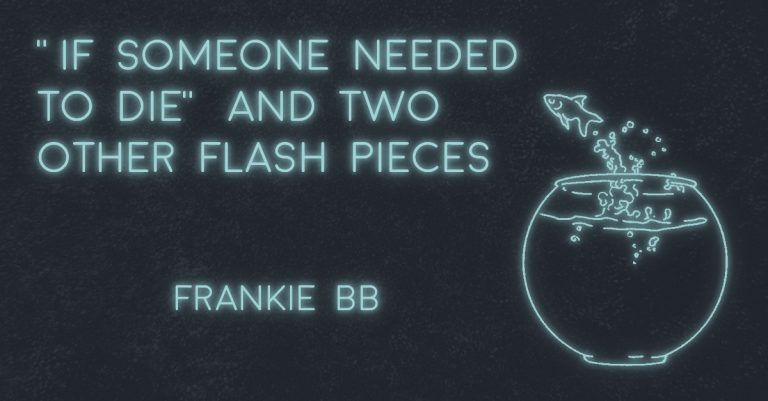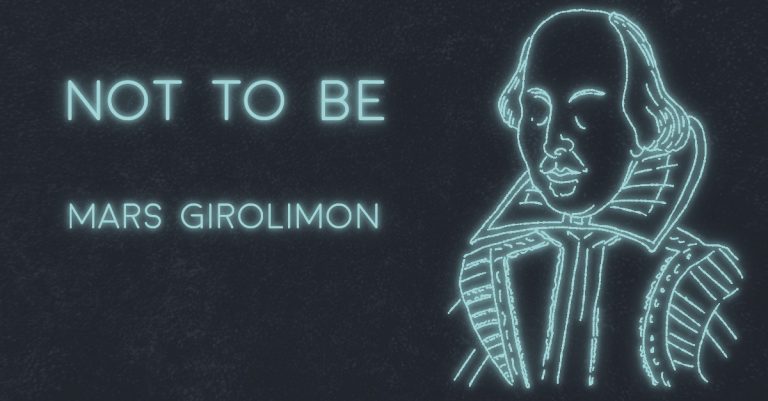
SOME EDITS by Zac Smith
The train didn’t derail, though, when this happened. Would’ve been cool if it did, maybe. Anyway

The train didn’t derail, though, when this happened. Would’ve been cool if it did, maybe. Anyway

We bought Barbies for the clothes, but sooner or later they all ended up naked.

“I can feel your heart beating.” He said it like he was telling her something about herself that she didn’t know already.

When it’s dark, we’ll turn off the freeway, pull into the one place we can find. Look, you’ll say, pointing up at the harsh red neon.

Dan won an award first for proving God doesn’t exist and then for proving He does.

Like everyone else, when I see the plane, I get up from the table to get a better look. I’m not exactly sure at what speed planes travel, but I know a plane must travel faster when it’s diving.

Oh dear is a fretful tingle. A tingle hatches hungry dread. Roger drops to knees.

He’s lying on his back. His useless, hairless legs stay wherever I put them.

the night you kept getting higher and higher with someone else at the party, surrounded by all our friends, I jumped off a bridge—not to be melodramatic, just to show you I could have fun too.

I’m in class reading Hamlet and contemplating suicide on a cliffside. Reciting poetic verses about family curses and hiding behind a curtain with a knife. My phone buzzes, and I lean forward to read something out of a Shakespearean tragedy. She killed someone. The words glow like the flame of a lit match and I spring from my desk chair, repelled by their heat. Faces swivel toward me, judgement radiating from their eyes. I’m an injured animal at the center of a swarm about to be mauled by my own pack. My heartbeat radiates in my ears: glove to a
